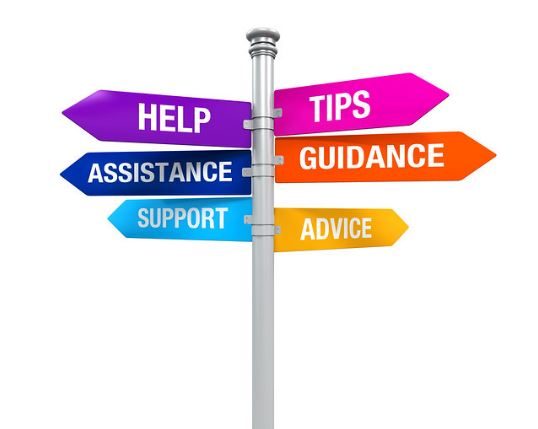
 Check out the second of our our blogs for anyone starting out with play pedagogy for the first time, from those who’ve been there before. This time advice from Frances McMahon who has recently joined the ELC cnetral team after teaching in P1.
Check out the second of our our blogs for anyone starting out with play pedagogy for the first time, from those who’ve been there before. This time advice from Frances McMahon who has recently joined the ELC cnetral team after teaching in P1.
Being a Primary 1 teacher is incredibly rewarding but also exhausting! My number one tip for the beginning of primary one is just to relax and use the first few weeks to focus on getting to know the children. There will be plenty of time for phonics, so this time is best spent making the children feel happy and secure in their new environment by providing lots of undisturbed time for play. Establishing routines early on will also make things easier, as will building in lots of time for tidying and for zipping up 25 jackets!
I like to use the first few weeks to really get to know the children individually. A play-based environment is perfect for getting to know each child as you can observe and interact with them during play. Through their play I always learn so much about what the children already know, what they are interested in and what motivates them. I like to note down what I’ve learned about each child in a table as it helps me build a better picture of who they are as an individual and a learner. I make notes about what I’ve learned about their family, their interests, their friendship groups as well as things like if they can write their name, if they have 1-1 correspondence when counting etc. All this information helps me build a more meaningful relationship with the child as I can talk to them about things that are relevant to them and that they are interested in. I can also use this information to adapt the environment to promote and develop their learning further.

It is also useful to establish routines early on so children can be confident and independent with things like putting their bags/jacket away in the morning and going to the toilet. It also helps to have all the resources labelled and easily accessible to the children so they can be responsible for bringing out resources on their own and tidying them away.
Creating a nurturing environment based on strong and meaningful relationships is always my main priority as children won’t always remember the order you taught them phonics, but they will always remember how you made them feel 😊.


 My name is Rachel Keane and I have been teaching within Falkirk Council for 8 years. For the past five years I have taught between primary 1 and primary 2. Three years ago we embraced Play is The Way. I thought I would share some of the things I wish I’d known at the beginning of our play journey for anyone who is starting out with play pedagogy for the first time this year.
My name is Rachel Keane and I have been teaching within Falkirk Council for 8 years. For the past five years I have taught between primary 1 and primary 2. Three years ago we embraced Play is The Way. I thought I would share some of the things I wish I’d known at the beginning of our play journey for anyone who is starting out with play pedagogy for the first time this year. Try to keep your provocations open ended. Model to the children what small world spaces could look like and allow the children to explore materials and create these spaces themselves. Not only does this free up your time in morning to complete other tasks but it encourages children to take the lead in their learning, developing motor skills, problem solving and their imagination.
Try to keep your provocations open ended. Model to the children what small world spaces could look like and allow the children to explore materials and create these spaces themselves. Not only does this free up your time in morning to complete other tasks but it encourages children to take the lead in their learning, developing motor skills, problem solving and their imagination.
